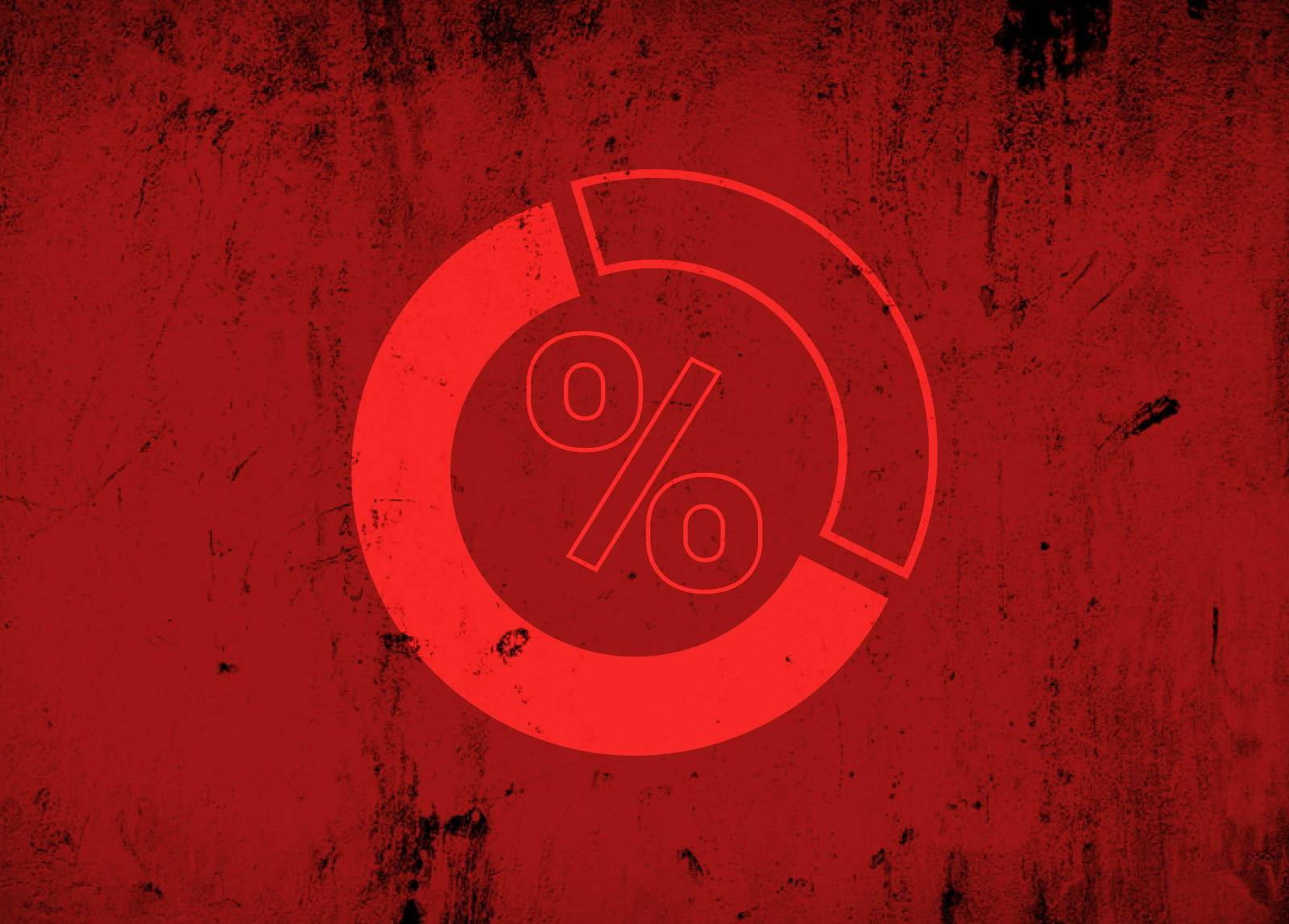Why Bangladesh’s quota system differs from affirmative action
Student protests in Bangladesh aren’t about ending affirmative action; they're a fight against corruption and cronyism.

A common misconception about the quota system in Bangladesh—brought into sharp focus by ongoing student protests and their violent suppression by the ruling Awami League—is that it functions like affirmative action or diversity programs in the United States.
This has led some to believe that scrapping or reforming the system, as students demand, would harm equality by depriving women and minorities of opportunities.
This view is misguided.
Bangladesh has constitutionally mandated affirmative action for women and minorities, and the students are not protesting against this. At the root of understanding the current crisis is a similar protest in 2018. At that time, Sheikh Hasina abolished the whole provision of the quota system—even though protesters only demanded reforms—leaving the door open for legal challenges.
The recent High Court ruling, which reversed the 2018 decision and reinstated the quota system, wouldn’t have happened if Hasina had only reformed the quota system instead of completely repealing it. The High Court’s decision was based on the fact that the Bangladesh constitution mandates the existence of quotas and specifically notes that the government has the power to increase or decrease their ratio.
The protesters, too, insist they don’t oppose existing quotas for ethnic minorities, people with disabilities, and even women. But they specifically detest the quota for freedom fighters’ descendants—a provision that is staggeringly unfair and not seen anywhere else in the world.
The imbalance is stark: university graduates from a population of 170 million vie for fewer than half of government jobs, while descendants of 180,000 registered freedom fighters, a small fraction of the population, compete for 30% of these jobs. Netra News estimates that general candidates face 50 times more competition per job than these beneficiaries of the system.
In top-tier government jobs, the freedom fighter quota is 30%, on top of other affirmative action measures. For lower-tier jobs, quotas can reach up to 80%, including reserved spots for descendants of current employees.
The freedom fighter quota also grants preferential treatment at educational institutions, competitive public and medical university exams, and pro-government businesses. A descendant of a freedom fighter can be admitted to a top-tier college on a quota and then go on to enjoy the same perks for universities and, finally, government jobs.
Despite this, some protesters were willing to accommodate a smaller portion of quotas for the children and grandchildren of freedom fighters.
But all that changed when Prime Minister Sheikh Hasina essentially labelled anyone who is not a descendant of a freedom fighter as the progeny of Razakars, a pejorative for locals who collaborated with the Pakistani military in 1971.
That’s what sparked anger and fury. Not only students but also a broader populace perceived her comments as an affront to their dignity.
The disproportionate share reserved for children and grandchildren of freedom fighters in public jobs, colleges, and universities has made the system prone to corruption and abuse.
The Awami League uses it to elevate its supporters, shoring up control in the bureaucracy and civil service, further dismantling democracy.
Then, there is also a thriving cottage industry in producing fraudulent freedom fighter certificates. Freedom fighters and their descendants need official certificates to verify their status and avail themselves of quotas and other benefits. During successive governments’ rule, the certification process has lacked oversight, resulting in rampant corruption. Genuine veterans often lack certificates, while individuals who were not even born during the War obtain certificates through forgery or bribery.
That’s what these student protesters have come to loathe. Rather than indulging in identity politics or calling for the end of affirmative action, the protests for reforming the quota system are an opposition to corruption, cronyism, and injustice in Bangladesh.●
Ikhtisad Ahmed is Managing Editor, Netra News.